Although SparkFun is well-known for its red boards and red flame logo, our complementary color is green. Since the beginning we’ve been committed to keeping our business as environmentally friendly as possible.
This month SparkFun is celebrating our 15th anniversary. Over a decade and a half, the company has moved from founder Nathan Seidle’s college bedroom to the basement of a rental house...and finally to our current headquarters. Our 80,000-square-foot HQ was the first building in Boulder County built to the International Green Construction Code (IgCC), and we broke ground on May 1, 2013 --- just three days before Nate got married!
ReplaceMeOpen
ReplaceMeClose
The building is equipped with a 220kW rooftop solar array consisting of 672 Sunpower 327W high-efficiency modules. The array covers about a third of the roof and generates, on average, about a third of the power we use. In the summer months that amount can increase to 45 percent. Thanks to a REC (Renewable Energy Certificate) credit from Xcel, we get paid for generating the energy and then we get to consume it for free --- this is called “net metering.” Solar is ideal in Colorado, where we get about 300 days of sunshine per year. You can use the PVWatts Calculator created by the National Renewable Energy Laboratory (NREL) and read this past post to find out if it makes sense for you.
In addition to solar panels on the roof, the building was built with timed lights and optimal use of natural lighting from skylights, solar tubes and large windows. “Gray-to-go-green” outlets are also found throughout our HQ. These outlets are on an automated timer relay and shut off at night, cutting the “vampire” draw from electronics when no one is in the building.
Anyone can monitor SparkFun’s use of power at any given moment via an online Lucid building dashboard, which also displays green tips like this one:
Part of adhering to the IgCC building guidelines was having recycling centers around the building. This, in addition to composting, worked for employees’ lunch remnants, but there were some things from manufacturing that couldn’t go in the compost or single-stream recycling. For instance, as SparkFun started to really grow, the amount of packing materials we accumulated was astounding. We went from this (Nate's college bedroom in 2003):
To this in 2007:
To this in 2016:
It was necessary for us to look into other options for disposing of all of these boxes, packing materials and industrial scraps from our manufacturing. We are fortunate to have in our community Eco-Cycle, a nonprofit company offering a variety of alternative recycling solutions through their Center for Hard-to-Recycle Materials (CHaRM) facility. We have been a Green Star Business since 2014 and now have alumni status so we can mentor other businesses.
The hard-to-recycle materials we're able to recycle through CHaRM include packaging materials like film plastic, reels, trays and Styrofoam™ (as well as generic types of polystyrene foam). But as the saying goes, one man’s trash is another man’s treasure. As the STEM/maker education movement took off, we discovered that some of the materials we would normally divert through Eco-Cycle were in high demand with teachers. In 2012, the Resource Area for Teachers (RAFT) in Denver asked us to teach soldering at its interactive summer symposium. It was the beginning of a beautiful partnership that allows us to get hard-to-recycle materials into the hands of teachers and students who can reuse them.
SparkFun donates approximately 200 pounds of materials a month to RAFT. Materials are either used in activity kits, which are available online, or placed in large bins that educators can rummage through to find supplies for hands-on projects or to stock a makerspace. The Roller Racer, Solar Jitterbug, Puff Rocket and Flashlight Fun kits all contain upcycled materials from SparkFun.
Materials for RAFT and Eco-Cycle are sorted weekly by a team of environmentally minded employees led by SparkFun Facilities Manager Nick Beni. In 2017 Beni was named Recycler of the Year by the Colorado Association for Recycling.
“It’s important to have a champion within the planning committee to drive sustainability,” Beni advises. “From there the team can develop their mission and plan of attack for the changes they are trying to make. The plan should have some low-hanging, easily attainable fruit and some high-hanging fruit that will take time to develop.”
Last year was the first full year SparkFun tracked its waste diversion efforts. In 2017 we diverted a total of 5,469 pounds, or 2¾ tons, from the landfill via Eco-Cycle and RAFT.
These numbers do not include compostable material, which, according to Eco-Cycle, totaled 5,106 pounds in 2017. It likewise does not include scrap metal recycled via Eco-Cycle or e-waste employees bring in from the office and from home to safely dispose of via Rocky Mountain E-Waste. SparkFun has recycled more than 1,000 batteries through our e-waste bin.
According to the U.S. Environmental Protection Agency (EPA), approximately 40 percent of heavy metals in landfills --- including lead, cadmium and mercury --- comes from discarded electronic equipment. In the past, SparkFun has held a community e-waste drop-off event, inviting people from around the region to come safely dispose of their unwanted electronic equipment. We plan to revive that event this year in an effort to keep toxic materials out of the landfill and give nontoxic materials a new life.
In 2016 Eco-Cycle and SparkFun worked together to make the annual Autonomous Vehicle Competition (AVC) a Zero Waste event. With about 1,500 people attending AVC the year prior, we used about 1,000 water bottles. In 2016 we encouraged people to bring their own reusable water bottles, sold SparkFun bottles and set up water stations with 5-gallon jugs and compostable cups, eliminating the plastic bottle waste. Eco-Cycle also provided separate bins for trash, single-stream recycling and compostable waste, including compostable containers and utensils from the food trucks on site.
What Your Business Can Do
Whether or not solar energy is in your future, there are many things your business can do to be more sustainable in 2018 and beyond. At minimum, ensure that your recyclable and compostable waste is staying out of the landfill. Clear, detailed signage throughout the office goes a long way toward getting employees to put their waste in the correct bins. If you generate waste that is unusual or hard-to-recycle, seek out a hauler like CHaRM or find out if there is anyone in the community who could make good use of it.
"One important aspect of business sustainability is developing strategic partnerships with other businesses," Beni says. "Talk to your local trash-hauling service and see what other haul options they might have."
Check with your local energy provider about rebates for solar, HE appliances and energy-saving systems. Never stop thinking about ways you can make your building more energy-efficient. This year SparkFun is upgrading our outdoor lighting, replacing the 100W metal halide lights in 28 lampposts with 29W LEDs. Beni estimates the upgrade will pay for itself in about two years --- not to mention it’s better for the environment.
“Working on sustainability is a processes,” Beni emphasizes. “Our process at SparkFun is constantly evolving. Saving money here allows us to spend elsewhere to maximize our efforts.”
Last year the sustainability team organized SparkFun’s first-ever neighborhood cleanup event. Employees volunteered to spend an hour picking up trash across about a mile of area surrounding the building. We ended up with 104 pounds of trash and 22 pounds of recycling and plan to do it again this year, possibly as an Earth Day event involving volunteers from neighboring businesses. Why not talk to your neighbors?
If your company hosts events, consider asking your recycling provider for help making those events Zero Waste. As a Green Star Business, SparkFun uses a document that Eco-Cycle created to get food vendors to agree to use compostable serving plates and utensils instead of Styrofoam and plastic.
If you decide to offer compostable cups at your event, Beni suggests asking attendees to write their names on them in order to limit waste to one per person. And encourage people to bring their own reusable bottles!
Fostering a sustainability mindset is one of the most important things you can do. In addition to reducing, reusing and recycling, SparkFun encourages employees to bike to work, providing community bicycles, locker rooms and even a repair/tune-up truck that comes to the building.
In the summer employees organize "Chain Gang" lunch and happy hour rides, and SparkFun participates in the Love to Ride June Bike Month challenge. Last year we took second place among similar-sized companies in Boulder, motivating 34 new riders and reaching 39 percent employee participation.
SparkFun also offers employees a free bus pass and RTD-guaranteed ride home, in addition to partnering with Lyft.
Part of being in business is making an environmental footprint, and there's always more we could be doing for the environment. But with sustainability as a top priority, SparkFun can feel good about celebrating 15 years on this planet! Thank you for being part of our story.
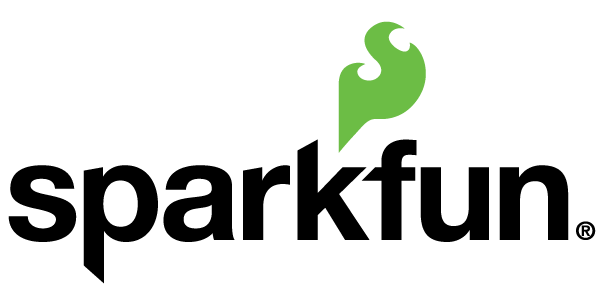
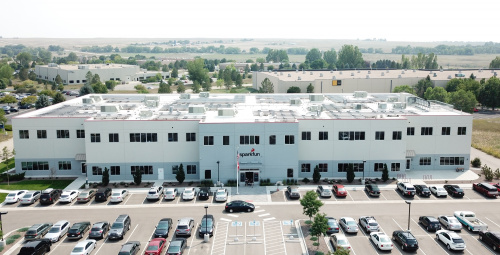
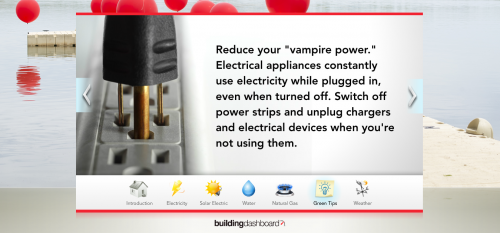
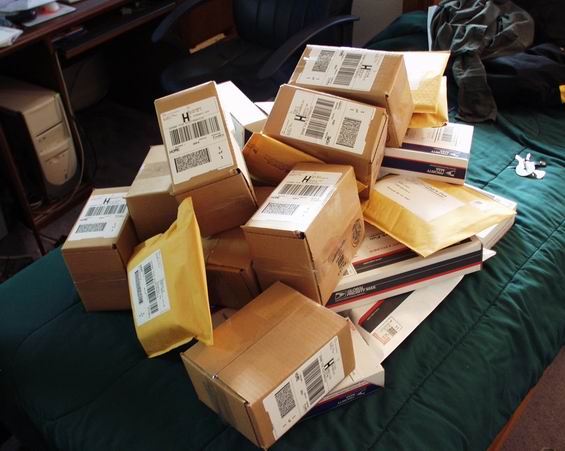
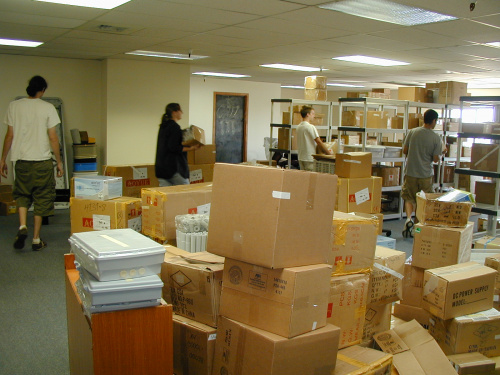
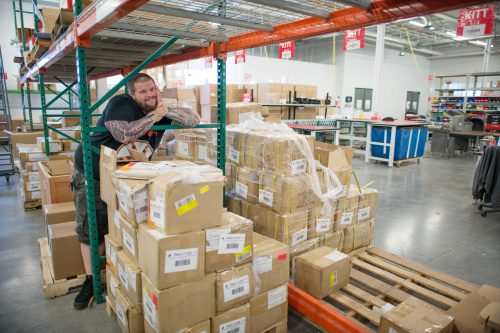
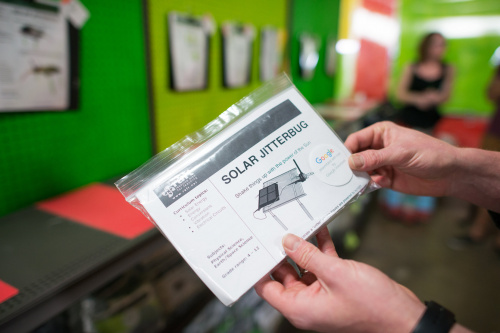
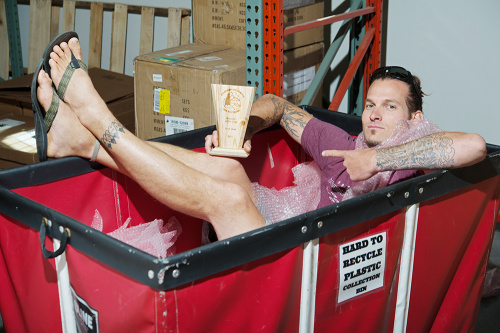
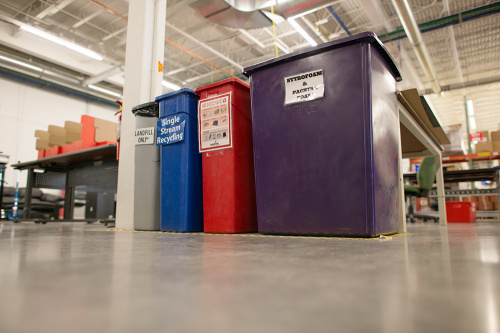
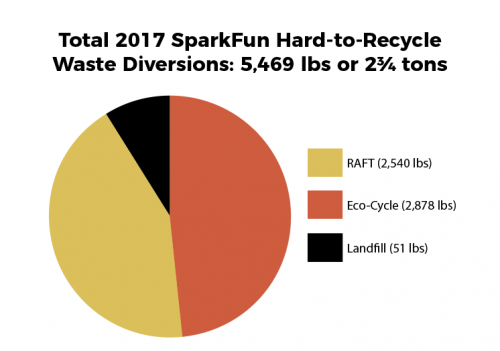
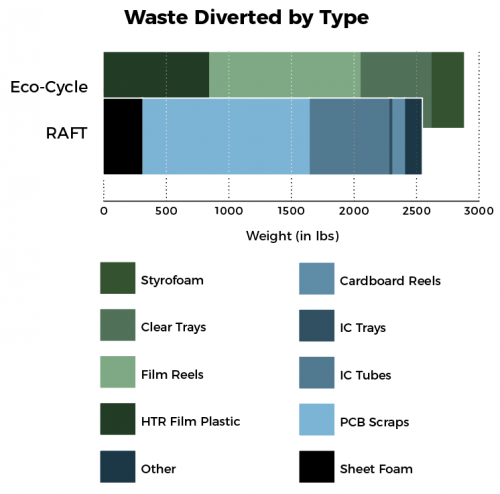
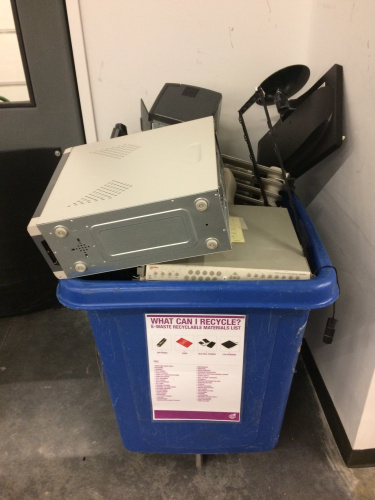
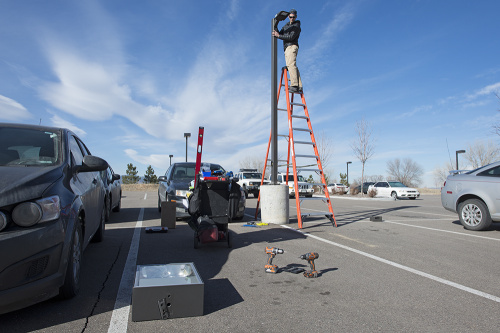
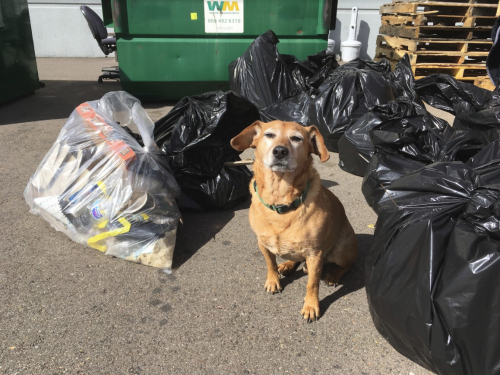
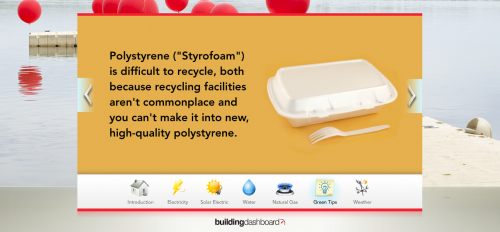
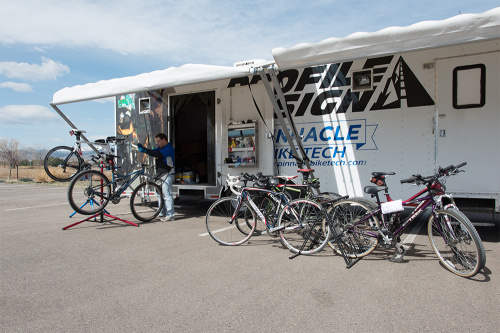
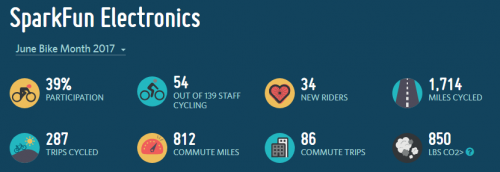
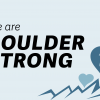






In the mid-90's, I worked for a college radio station as the assistant to the chief engineer..
Our engineering bench was controlled by a red switch next to the door. When you left for the day, you simply turned off the bench (and all the equipment), as well as the lights.
Hi Kathy! Do you think there are some obstacles that you face in implementing these environmental solutions? Is money or time a big problem? What are some of the disadvantages? Are there any?